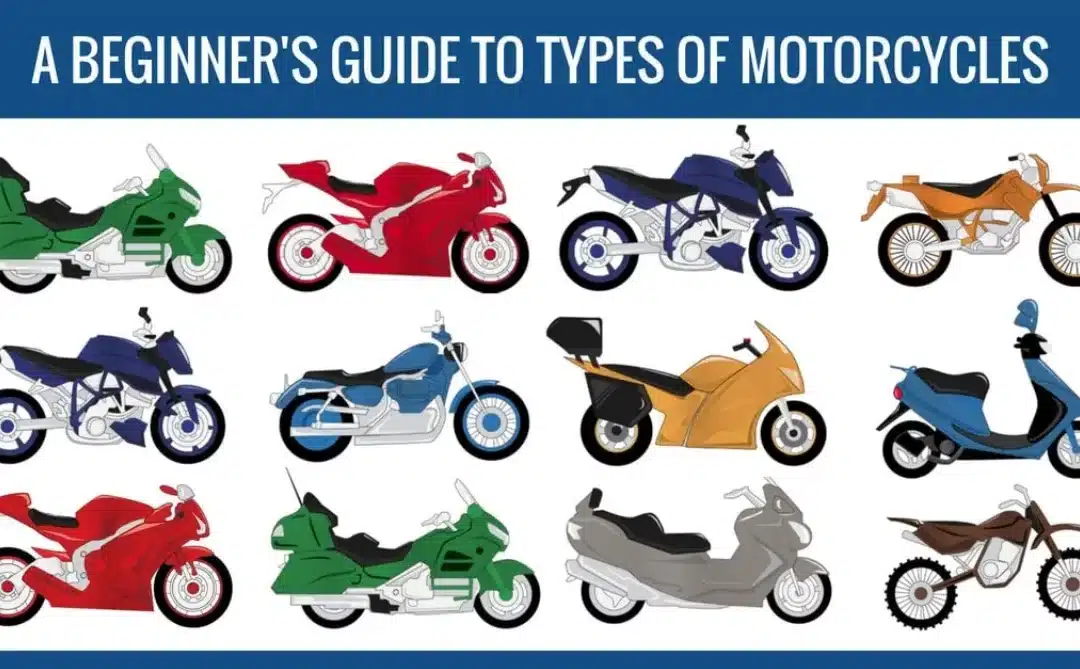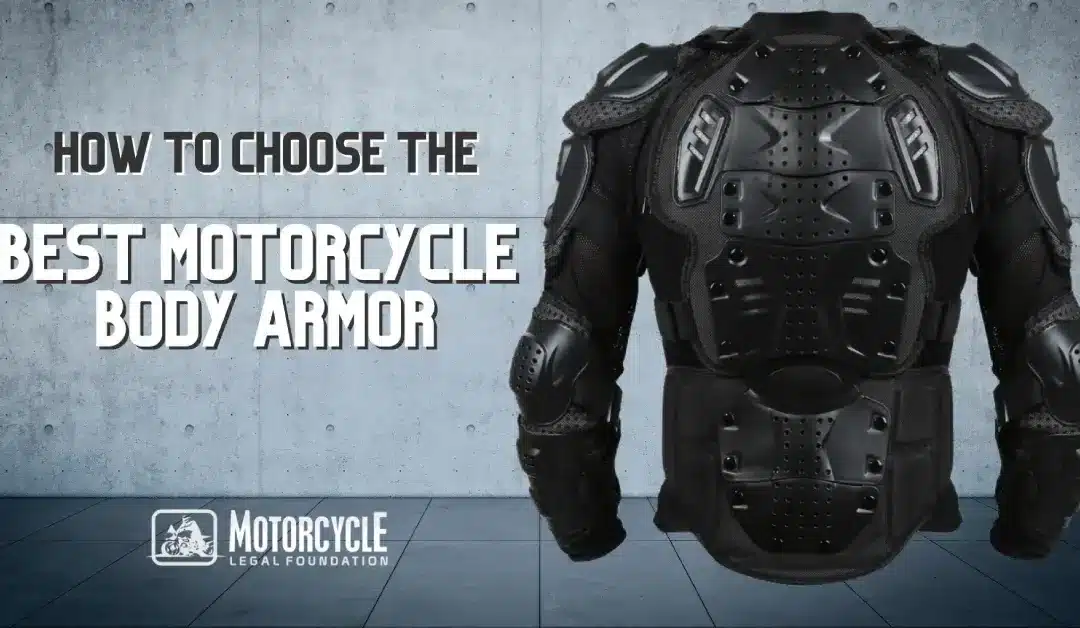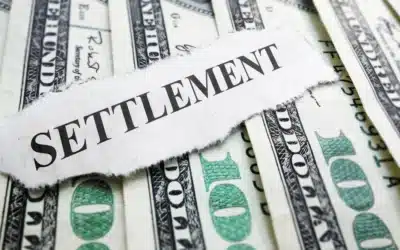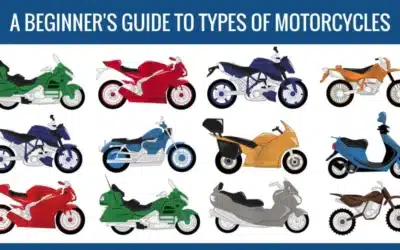How Does Discovery Work?
Accidents happen, and when disputes arise and cannot be resolved between people, organizations, or other entities, the parties frequently turn to the courts to resolve them through the process of civil litigation.
A civil lawsuit begins in most states with the filing of a summons and complaint with the clerk of the court by one of the parties, known as the “plaintiff,” before being served on the party against whom the claim is being made, known as the “defendant.”
This is the first stage in a lawsuit, but one of the most important stages in moving a case from inception to conclusion with a trial or settlement is the discovery stage where relevant information and evidence can be gathered to support or weaken a party’s position. While it may seem obvious, it still bears stating: if you are wondering when to contact an attorney, the best time is as soon as possible.
When Does the Discovery Process Begin?
Discovery in a lawsuit usually begins after the attorney for the defendant has reviewed the complaint containing the allegations supporting the plaintiff’s claim for damages and served a written answer either admitting or denying them.
The answer might also include legal defenses, such as the claim being barred by the statute of limitations due to delays in filing it, or it might include claims for damages by the defendant against the plaintiff or against other defendants named in the lawsuit. These are referred to as “counterclaims” and “cross-claims.”
When a lawsuit is started, it is common for the plaintiff’s lawyer to be missing some of the evidence needed to prove the allegations contained in the complaint. For example, the attorney representing a motorcyclist injured in a collision with a truck might suspect the truck driver was tired and drowsy from having worked too many hours on the day of the crash.
The evidence supporting the theory is in the possession of the trucking company, but the plaintiff’s attorney can use the discovery stage to demand the records from the defendant.
On the defense side, receiving a summons and complaint might be the first time the defendant is made aware of a claim. Even when a defendant is aware of an accident, the complaint might be the first time the extent of the injuries suffered by the plaintiff is disclosed.
As a general rule, state laws favor full and complete disclosure by plaintiffs and defendants in civil actions. The theory behind this is that disputes making their way into the courts should be resolved with all parties having an opportunity to be heard. Allowing the parties broad access to information through discovery avoids the possibility of one or more of the parties withholding evidence and gaining an unfair advantage.
What Happens During and After Discovery in a Lawsuit?

Among the methods authorized by state laws to obtain information and documents through discovery are the following:
- Written interrogatories requiring written responses from the opposing party.
- Demands for the production of documents.
- Demands for admission of facts by an opposing party
- Non-party subpoenas used to obtain production of documents and oral or written depositions from individuals or entities, such as corporations, that are not parties to the lawsuit.
- Depositions or examinations before trial in which a party is questioned by the opposing attorney on the record while under oath.
“The choices of the methods attorneys decide to use to obtain discovery are frequently determined by the type of documents or information they are seeking, the type of claim being made, and the personal preferences of the attorney.”
Some attorneys, for instance, prefer to serve a demand for interrogatories and have the responses in hand before scheduling a deposition. Other attorneys forego interrogatories and rely upon a deposition.
Interrogatories

Interrogatories are written questions one party in a civil lawsuit may serve upon another party. The party upon whom they are served must prepare written answers to each of the questions, sign them under oath taken before a notary public, and return them to the opposing party within 30 days.
Some states, such as California, limit the number of questions a party may ask through interrogatories. The limit in California is 35 interrogatories. A party receiving a demand containing more than the authorized number of questions may ignore any of them after the first 35.
Document Demands
Demands for the production of documents are a commonly used method to inspect and copy documents believed to be in the possession or control of an opposing party in a lawsuit. If a demanded document exists, the party from whom it is requested must comply with the demand within the time allowed in the written request. Demands must give the other party at least 30 days to comply.
Production demands are not limited to documents. Any tangible object in the possession or control of an opposing party may be requested. The court has control over the discovery process in that a party receiving a demand for production may file a motion asking a judge for assistance, including requesting to limit the demand or to expand the time within which to comply.
Demand for Admission of Facts
A demand asking a party to admit the truth of certain facts or the authenticity of specific documents can limit what has to be proven at trial. For example, a plaintiff in a personal injury action might be asked by the defense to admit to taking certain medications on the day of the accident. Failure of the plaintiff to respond to the request allows the defense to assert the plaintiff took the medications without having fear of being challenged by the plaintiff.
Demands to admit can also be used by a party to get an opposing party to admit the genuineness of documents. Whether the party acknowledges the document to be genuine or does not respond, the party making the demand avoids having to produce evidence at trial to prove the document is what it purports to be.
Non-party Subpoenas and Discovery

When information is needed from someone who is not a party to a civil lawsuit, one of the methods for obtaining it is a non-party subpoena demanding either of the following:
- The appearance of the witness for an oral deposition;
- The response of a witness to a written deposition;
- Production of documents or tangible things in the possession or control of the witness at or in conjunction with the deposition; or
- Only production of documents or tangible things for inspection, copying, or photographing.
Non-party subpoenas are used to obtain records during the discovery process. They are frequently used for hospital and physician records of patient treatment, records of government bodies, and law enforcement investigative reports.
Oral Depositions
Depositions or examinations before trial offer attorneys an opportunity to sit across from an opposing party and obtain information by asking questions in a process that is similar to the examination of a witness during a trial. The questions and responses are recorded by a stenographer who later prepares a written transcript that is given to the attorneys of the parties.
The transcript containing the answers a party gives during a deposition can be a powerful weapon when those answers conflict with something the witness says while testifying during the trial. It can also be used in place of the testimony of a witness whose illness or death prohibits them from attending the trial.
Attorneys spend considerable time helping their clients to prepare for a deposition. A person appearing at a deposition may find it to be an extremely stressful and intimidating process, so attorneys want to ensure their clients are familiar with the process to help them to feel at ease and to not get flustered during questioning.
For example, someone who is nervous at a deposition might respond with more information than a question requires. Volunteering information can open the door to more questions or to topics the opposing attorney might not have originally planned to address at the deposition. It is for this reason that witnesses are told to respond only to the question that is asked and to keep the answer as brief and to the point as possible.
Have You Been Involved In A Motorcycle Accident?
Our professional legal team screens submissions and assigns cases to some of the best motorcycle lawyers in the US.
How Long Does Discovery Take in a Lawsuit?
All parties involved in civil litigation want to conduct a thorough and complete investigation, and that includes making effective use of discovery procedures. This may delay a case being ready for trial for months. Some courts have instituted controls over the discovery process to speed things along by encouraging the parties to complete discovery and by setting deadlines for the parties to meet.
Some states specify that discovery must be completed within a certain number of days prior to the commencement of the trial. For example, the law in California requires the completion of discovery at least 30 days before the scheduled date for the start of a trial.
Discovery rules tend to be broad, but there are limitations on what a party is entitled to demand. Privileged or confidential communications between spouses, attorney and client, doctor and patient, and clergy and penitent are usually not available through discovery. Privacy issues arising about information sought through discovery are usually resolved by the court weighing the relevance and probative value of the material against the right of the individual to keep it private.
Can Discovery be Used as an Assault Tactic?
In some cases, an abuser may request to discover evidence that is not needed, as a way to continue the abuse. For example, you can request personal information that is not related to the court case. Note that you must respond to valid discovery requirements, but if they are excessive or unrelated to the court case, then you may be able to object and get the judge involved in the matter. Sometimes bullies can also file excessive motions or delay cases for no reason. This type of willful misuse of the court system as a form of harassment is often referred to as “litigation abuse.”
If you are facing litigation abuse, you may want to try to show the judge that the motions that the other party continues to file do not have a good reason, and that you are instead bringing them to harass you. You can also argue that the unreasonable delay discovery could cause is also an abusive tactic. In some courts, you may be able to get some type of order from the judge to help limit litigation abuse or its effects. This doesn’t happen often, but here are some of the things the judge might order:
- The party filing the excessive motions having to pay the other party’s attorney fees and costs;
- The party who files motions without reason has to reimburse the lost wages and other expenses of the other party;
- The attacked party be exempted from appearing for hearings or allowed to appear by telephone;
- Motions and petitions cannot be filed or court appearances cannot be scheduled without prior approval from the judge; or
- Requests that cause excessive or unnecessary delays, such as long deferrals or excessive discovery requests, are rejected.
Obtaining Assistance When Discovery Issues Arise
The information gathered during the discovery process can determine the outcome of the case at trial. What is learned about a claim or a defense through discovery can compel a party to settle a claim or affect the amount offered in order to settle it.
The importance of having the guidance and representation of an experienced and skilled litigation attorney during the discovery process cannot be stressed enough. Be sure to read our other article about the best questions to ask your personal injury attorney.
Have you been involved in a motorcycle accident?
Our professional legal team screens submissions and assigns cases to some of the best motorcycle lawyers in the US.
Find a Motorcycle Attorney








